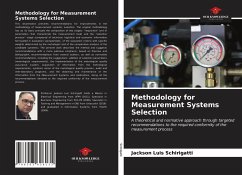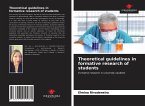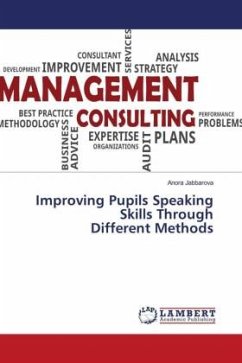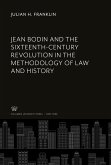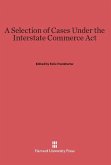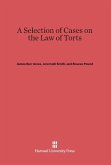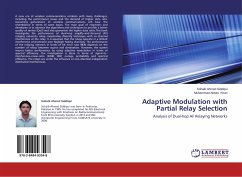This dissertation presents recommendations for improvements in the methodology of measurement systems selection. The original methodology has as its basic principle the composition of two stages: "requisition" (set of parameters that characterize the measurement task) and the "selection process" stage (composed of technical, logistical and economic information formulated in evaluation spreadsheets, of the evaluation criteria with specific weights determined by the metrologist and of the comparative analysis of the candidate systems). The present work describes the method and suggests recommendations with a more judicious emphasis, based on theories and bibliographic recommendations from several authors, as well as normative recommendations, including the suggestions: addition of selection parameters (metrological requirements), the implementation of the metrological quality assurance system, acquisition of information from the metrological requirements, systemic vision of the metrological quality process, audit and inter-laboratory programs, and the obtaining and maintenance of the information from the Measurement Systems and calibrations, being all the recommendations directed to the required conformity of the measurement process.

